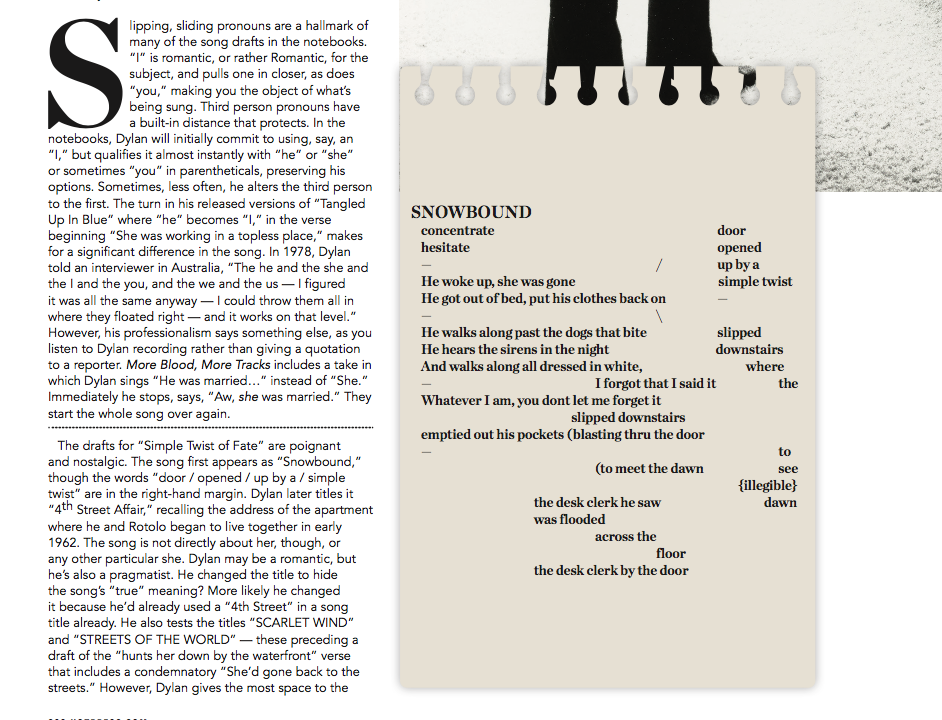While we were sleeping, Bob Dylan dropped a seventeen-minute song into our dreams.
These are the times that try men’s souls. Work is hard to concentrate on, and also hard to hold onto; our poisoned planet fights back with rising seas and new disease; creeds are outworn; governments flail and fail to govern and defend us; parents are terrified for children and vice versa.
Since he was a youth, Bob Dylan has had the phrase “voice of a generation” hung about his neck like the Ancient Mariner’s albatross. I’ve always wondered, though: what generation? Dylan speaks and sings for people who loved him in 1962, who’ve come along since then, and for those born long before, as well. With “Murder Most Foul,” he leaves no question that his voice is ours: Boomers and Zoomers and folks in between, all of us terrified and angry and wanting to help and heal and survive. The murder of John F. Kennedy shattered America to pieces; we’re still broken. The American Dream: did it ever exist? If it did, unironically, Kennedy’s assassination swept away that phantasm’s last traces.
Longer than “Tempest,” longer than “Highlands,” “Murder Most Foul” rolls down like waters. It’ll take many hearings, soakings really, to begin to take in what he’s singing, the story he’s telling, the irrefragable questions he’s asking. The violent horror of Kennedy’s killing, sung gently, in Dylan’s clearest voice in a decade, is indescribable. Don’t listen to what I say about it. I am just grateful for “Murder Most Foul,” and hope it heralds a whole album of new songs — which has been rumored since last winter. Delighted to be telling you about it. Listen for yourself.
Bob Dylan, “Murder Most Foul,” via Bob Dylan / Sony Music Entertainment 2020
Bob Dylan and his band, Beacon Theatre, NYC, December 5, 2019 photograph © Andrea Orlandi




